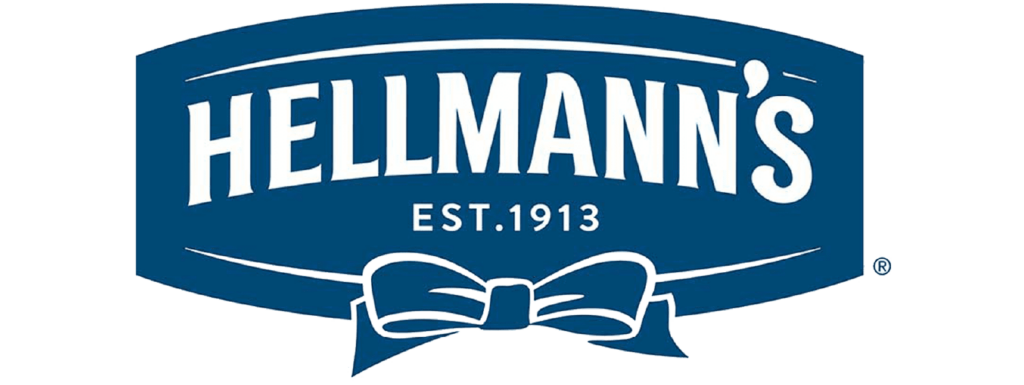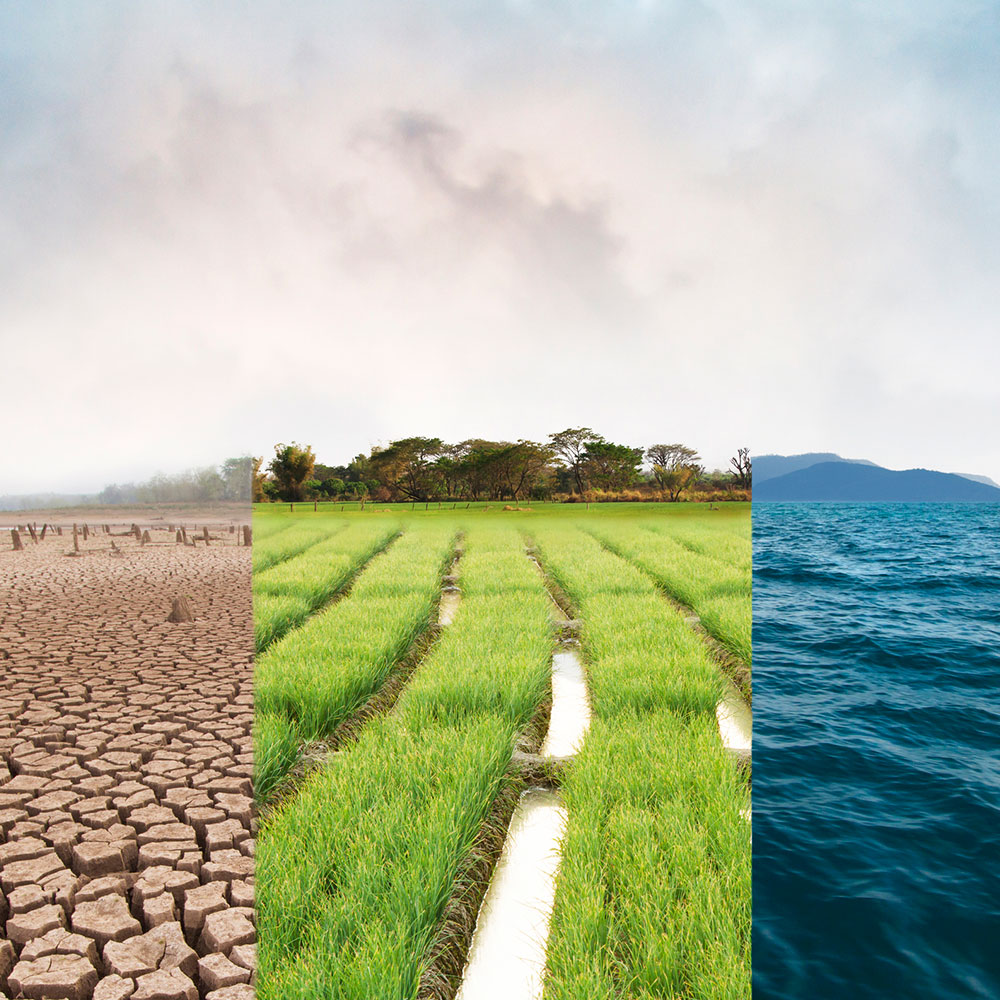Case Study: Hellmanns
Services: Strategy Development & Implementation, Philanthropic Advising, Policy Engagement

The Goal
Hellmann’s is Unilever’s $2 billion mayo brand with the purpose to inspire and enable 100 million people around the world every year to be more resourceful and waste less.
The Hellmann’s brand team reached out to Littlefoot about their Make Taste, Not Waste campaign as a way to learn more about the problem of food waste and to gain credibility and partnership within the food waste ecosystem. Understanding their brand power, Hellmann’s goal was to create a comprehensive strategy that went beyond just traditional marketing tactics.
The Impact
Leveraging her food waste knowledge, Eva guided the Hellmann’s North America leadership team through a series of strategy sessions to help them first understand the current food waste landscape (drivers, solutions, key players) and then went on to create a three-pronged strategy to build on their existing marketing and consumer campaigns.
As lead technical strategist for all of Hellmann’s North America marketing campaigns, Eva worked across the brand, marketing, public relations and legal teams to edit all materials including press releases, talking points and interviews, and social media and web content to include relevant food waste facts and original data calculations and data visualization. Highlights also included contributing to the LVI SuperBowl commercial script and its accompanying “Fridge Night Challenge” app. The SuperBowl commercial alone resulted in 6.6 billion impressions, with Hellmann’s doubling its projected sales goals within a week post-game day.
Eva developed Hellmann’s strategy for its philanthropic giving portfolio, resulting in over $1M in grants to nonprofits, furthering the company’s commitment to community involvement.
Littlefoot crafted Unilever’s federal policy engagement strategy and helped shape their work with Unilever’s lobby team, Signal Group, to re-introduce the The Food Date Labeling Act, a bipartisan bill to address food date label confusion, one of the largest drivers of consumer food waste.
Case Study: Matriark
Services: Strategy Development & Implementation

The Goal
Anna Hammond, CEO of Matriark Foods, has a long history and years of experience in farmer engagement and nutrition nonprofit space. With this perspective, she sought to create more value and more affordable options from fresh produce surplus by creating a series of low-sodium, upcycled, vegetable-based broths and sauces.
One of Matriark’s major challenges in starting an upcycled food business was trying to establish the right narrative and value proposition of such a unique offering to attract both consumers and investors who may not understand the complexities of off-spec and upcycled offerings.
The Impact
Littlefoot has worked with Matriark Foods since 2018, helping new product ideation and designing the brand narrative strategy to support the fundraising and sales processes.
At less than five years old, Matriark is a verifiable leader in the upcycled space, securing nearly $1M in funding and engaging top foodservice and retail partners including Kroger, Google, Whole Foods and Compass Group.
In 2021, Matriark Foods was peer-selected by the cohort of The Kroger Co. Zero Hunger Zero Waste Foundation Innovation Fund to receive an impact investment of $250,000.
Case Study: Private Family Foundation
Services: Strategy Development & Implementation, Philanthropic Advising & Capacity Building

The Goal
- Littlefoot Ventures worked with a private family Foundation founded by pioneer funders who work to address social, economic, and environmental concerns, both locally and globally.
- Knowing the UN’s Sustainable Development Goal of reducing food waste by 50% by 2030, this Foundation saw this as an opportunity to contribute and make a difference within the food waste space.
- They reached out to Littlefoot to help them take a more strategic approach to identifying which food waste organizations they can make a lasting impact on.
The Impact
- Littlefoot was tasked with creating this Foundation’s 10 year giving strategy for their food waste and environment portfolio. Eva worked closely with the Foundation’s leadership team to understand their goals, vision and the impact they hope to achieve in the next decade. The result was a 21-page giving framework, which defines their now-evergreen funding strategy for the next decade as well as high level priorities and opportunities.
- In less than 12 months from developing the strategy, it resulted in the deployment of $2.5M in grants to 13 organizations to change consumer environments and reduce food waste.
Case Study: BLUE STRIPES
Services: Strategy Development & Implementation
The Goal
Blue Stripes, a pioneering CPG brand upcycling the entire cacao fruit into high quality cacao-based products such as chocolate and granola, sought to define and communicate its unique value proposition in the competitive and emerging upcycled food space.
The company needed a cohesive narrative strategy to elevate its positioning, resonate with consumers, and support a strategic pitch for endcap placement at Whole Foods.
The Impact
Littlefoot Ventures developed a clear narrative strategy and messaging framework that articulated Blue Stripes’ financial, social, and environmental value.
We also created a high-impact Whole Foods presentation, positioning the brand as a leader in sustainable innovation.
The work strengthened brand storytelling and contributed to securing a $20M Series B round led by Whole Foods and Hershey’s.
Case Study: BRIGHTLY
Services: Strategy Development & Implementation, Philanthropic Advising & Capacity Building

The Goal
Brightly, a carbon credit company working at the intersection of food rescue and climate action, saw an opportunity to sharpen its value proposition and storytelling to unlock greater demand from corporate buyers. As they looked to scale their impact, the team recognized the need for clearer, more consistent messaging and stronger sales tools to accelerate growth and demonstrate the value of further marketing investment.
The Impact
Littlefoot Ventures delivered a clear messaging framework, refreshed sales materials, and updated website copy to sharpen Brightly’s story and elevate its value to corporate buyers.
The new tools boosted buyer engagement, enabled more strategic sales conversations, and gave leadership confidence to invest in marketing—positioning Brightly for growth and deeper climate impact.
Case Study: CHEF ANN FOUNDATION
Services: Strategy Development & Implementation

The Goal
We partnered with the Chef Ann Foundation—an organization committed to advancing whole-ingredient, scratch-cooked school meals that boost student health and support local economies—to strengthen its positioning for philanthropic growth.
This included developing a strategic landscape report analyzing peer nonprofits and sector trends, creating a targeted funder prospecting list, redesigning the organization’s core 4-pager for funder engagement, and facilitating high-value introductions to potential partners.
The Impact
The Chef Ann Foundation leveraged the funder prospecting list to strategically expand its fundraising efforts, deepening relationships with aligned philanthropic partners.
The redesigned 4-pager enhanced their outreach materials, helping the team more effectively communicate their mission and value to potential funders—ultimately supporting their continued growth and impact in transforming school food systems.
